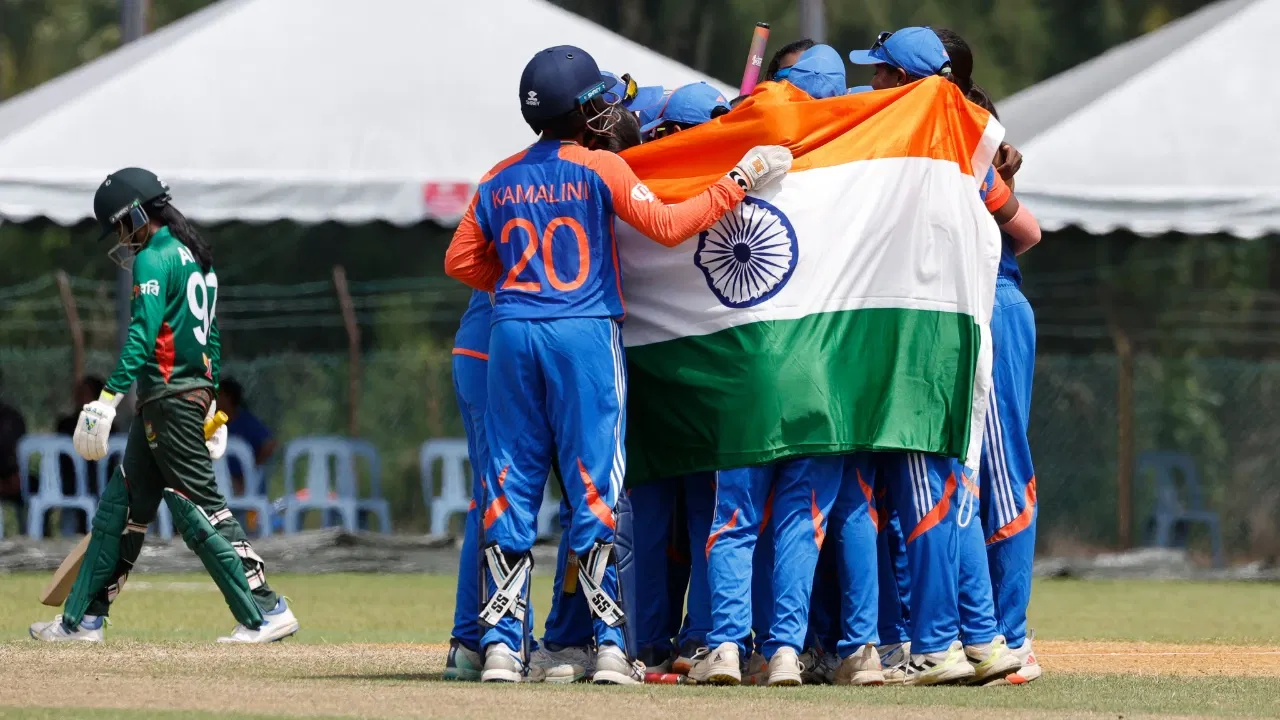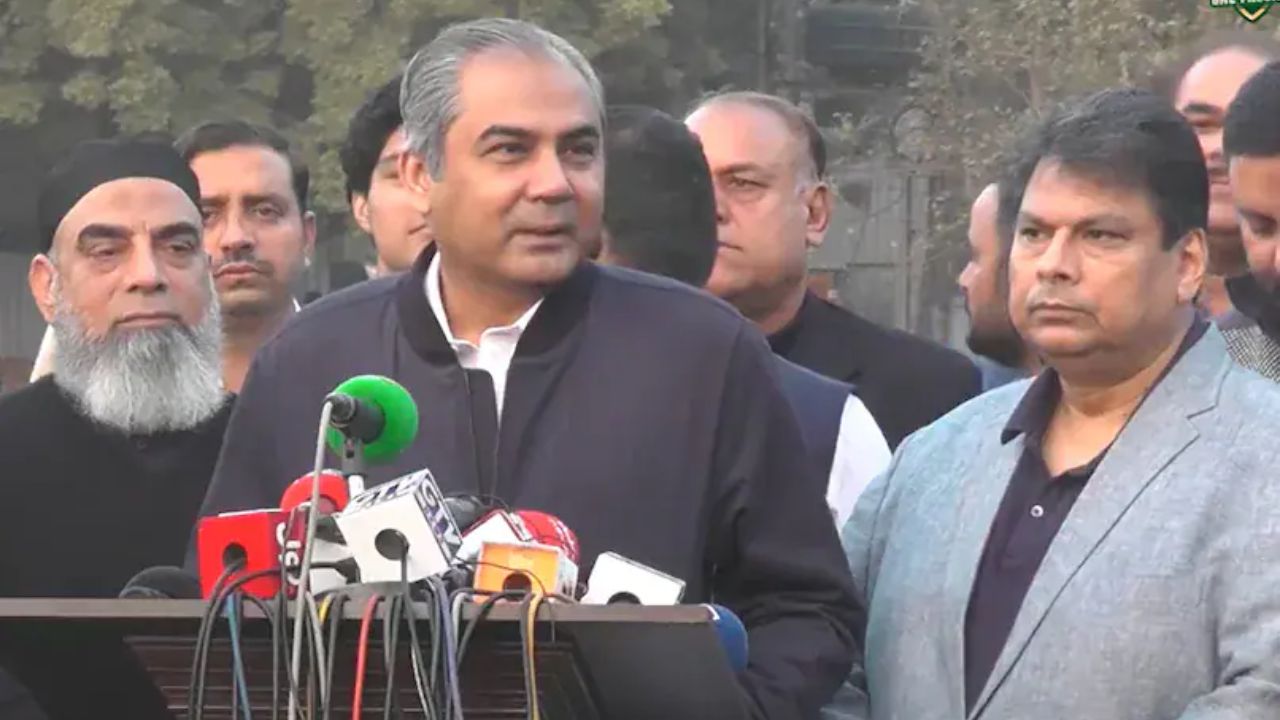Ramkumar Ramanathan has had 26 cracks at qualifying for the singles main draw of a Grand Slam, without once crossing over. He won his first ATP Challenger title two years ago after suffering six career final defeats. For a 28-year-old relentlessly putting in hours into his training and years into his tennis, the returns were unusually scarce.

On Friday, more than a decade after turning pro in 2009, Ramkumar finally earned a reward to savour: an Asian Games silver medal. Partnering Saketh Myneni, Ramkumar had the men’s doubles silver wrapped around his neck despite losing to Chinese Taipei’s Jason Jung and Hsu Yu-hsiou 4-6, 4-6 in the final on Friday.
It was not only the first medal for Indian tennis in Hangzhou — a downgrade from the 2018 men’s doubles gold but a salvage from an edition where singles players returned empty-handed — but also for the Chennai man after toiling away on the professional circuit and dabbling into doubles as much as singles over the last few years.
“Oh man, I mean, this is my first medal,” said Ramkumar, the relief in his voice evident as much as the joy on being asked about the significance of this medal. “We play for moments like these. We try hard to get here. These moments, you can’t buy it. And it happens when you least expect it.”
More so in this case. His singles rankings down to 570 from a career-high 111 in 2018, Ramkumar came into the Asian Games on the back of 17 first-round exits on the tour. Results in doubles may have not been as brutal but even there, from winning two ATP 250 titles with Rohan Bopanna last season and reaching 58th in the doubles charts, Ramkumar has now fallen out of the top 150.
Ramkumar’s mind swings back to 2018 when his most fruitful run in a tournament — making the final of the ATP 250 Newport that got him close to a top-100 singles spot — came after 10 sour first-round exits prior to that in the season.
“If you keep working hard, things will happen,” Ramkumar, who trained at the Sanchez-Casal Academy in Spain, said. “Of course, this (medal) is a sweet reward for that. For all those tough days. For all those days when you didn’t want to go on court. For all those long days in Spain. Nothing can beat this.”
Unlike some of his other singles compatriots, Ramkumar’s body has been rarely infested by the injuries bug. His game — the 6’2” pro has a good serve, fancies the serve and volley play and doesn’t feel out of place at the net — too displays promise. Yet, outcomes haven’t matched his talent over the years. Ramkumar, though, hopes this medal can act as the little spark to reignite his career.
“It’s been a very tough year. I’m happy that I’m getting my momentum back. I felt that during my singles match (he lost to Japanese second seed Yosuke Watanuki in three close sets in the pre-quarters) and I was telling my family and friends the same,” he said. “The confidence is coming back. I just need to keep getting sharper, keep working hard, keep believing and keep going.”
Coming into the doubles draw “with no real expectations”, Ramkumar and Saketh did just that. With the more fancied Indian pair of Bopanna and Yuki Bhambri stunned in the first round, the onus fell on the second-seeded Indian combo to live up to its billing. They did, overcoming a tricky semi-final test less than 18 hours before their final, beating the Korean combine of Kwon Soon-woo (a former top-60 singles player) and Hong Seong-chan 6-1, 6-7(6) 10-0.
“Saki and I have won a Challenger together (in 2021) and made a final. We know what we do well individually. With Saki, it’s always been good. We never doubted each other,” Ramkumar said of his partner who now has three Asian Games medals (2014 silver in doubles and gold with Sania Mirza in mixed previously).
 Subscribe today by clicking the link and stay updated with the latest news!” Click here!
Subscribe today by clicking the link and stay updated with the latest news!” Click here!









Leave feedback about this